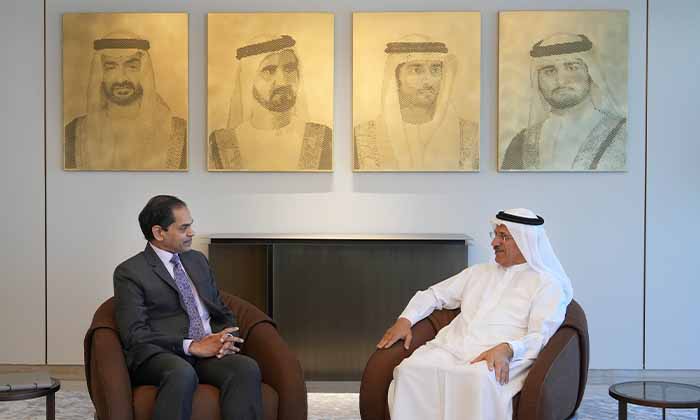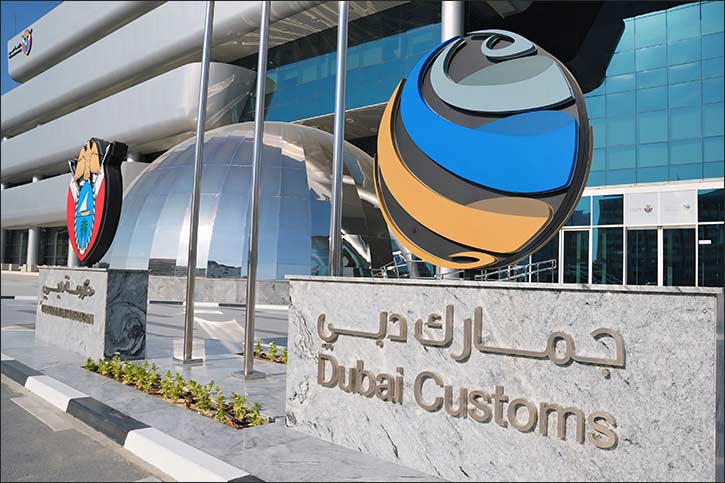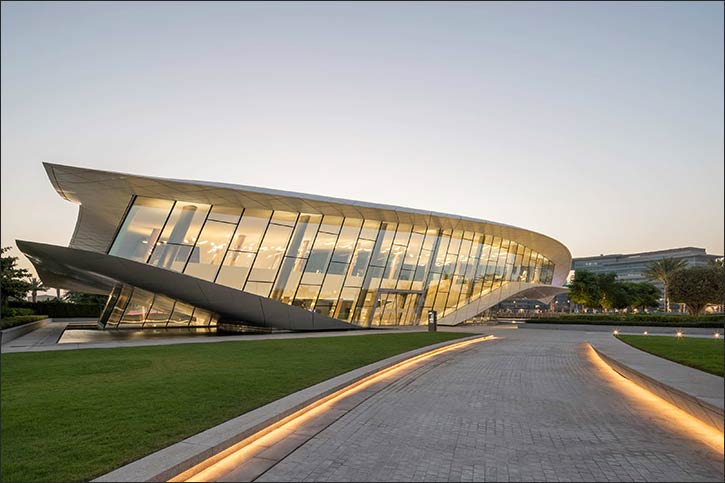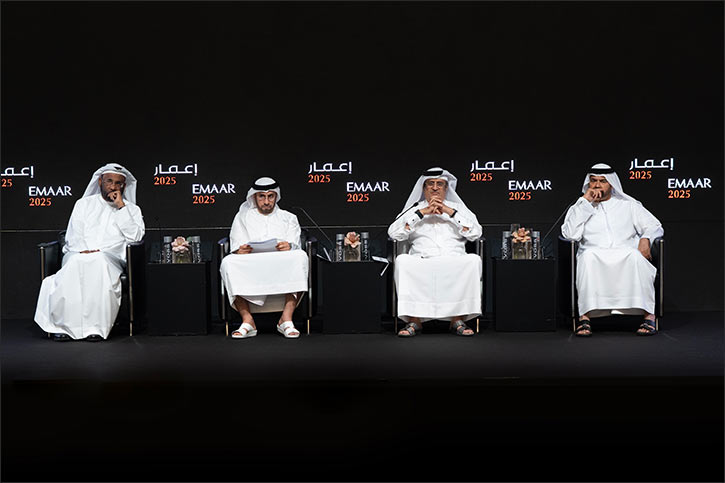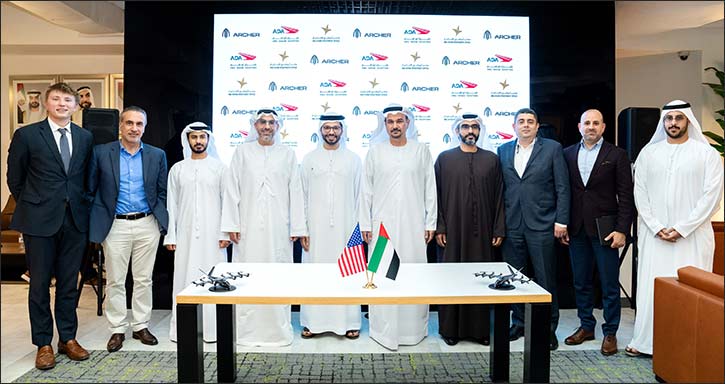- Two-thirds say they have more freedoms because of the Arab Spring, but a clear majority in the GCC, North Africa and the Levant insist democracy in the region will never work
- Two-thirds of young Arabs say their voice matters to their leadership but a majority outside the GCC say their governments do not have the right policies to address their concerns
: Young Arab men and women in the Middle East & North Africa, a generation that has lived through the Arab Spring, the rise and fall of Daesh, and the Covid-19 pandemic, are charting a new course as they contemplate their future and now prioritise stability over democracy, according to the 14th Annual ASDA’A BCW Arab Youth Survey.
Most of the so-called Arab Spring generation, which entered adulthood after the momentous events of the early 2010s, say they have more freedoms today because of the protests, that their voice matters to their leadership and that women have equal rights. But a majority in the GCC (57%), North Africa (62%) and the Levant (72%) say that democracy in the region will never work.
More than eight in 10 (82%) in all three regions believe that today, promoting stability is more important than promoting democracy. Better policymaking to address persistent material concerns like jobs, education and rising living costs is also high on their list of demands.
While 87% of Arab youth in the GCC say their government has the right policies to tackle the issues most important to young people, less than six in 10 (59%) in North Africa, and barely a fifth (21%) in Levant say the same way. Against this backdrop, more young people would prefer to work for themselves or with their family (28%) than for the government or the private sector.
The largest annual study of its kind
The key findings of the 2022 ASDA’A BCW Arab Youth Survey were unveiled today in Dubai by ASDA’A BCW, the leading public relations consultancy in MENA. Now in its 14th year, the annual study of MENA’s largest demographic, its 200 million plus youth, is the largest survey of its kind, and one of the few attitudinal studies to interview its subjects face to face.
Charting a new course
According to the 2009 ASDA’A BCW Arab Youth Survey, 92% of respondents said living in a democracy was their single most important priority. There has been a decisive shift since, with 82% of youth overall arguing that promoting stability was more important than promoting democracy, even though a majority (60%) say they are concerned about the increased role of government in their everyday lives.
Today’s youth nevertheless admit that their voice matters to their leadership, with 88% saying so in the GCC and 67% of youth in North Africa concurring. Youth in the Levant are more ambivalent, however, at 50%. Arab youth in MENA also point to improved gender equality, with 59% of women overall and 62% of men saying men and women have equal rights. A third of women (32%) believe they have more rights.
Sunil John, President, MENA, BCW and Founder of ASDA’A BCW, said the research presented further valuable insights into the mindset of young Arab men and women across MENA, and the issues decision makers must address if they are to make the most of their potential.
“At ASDA’A BCW, we believe that to understand the Arab world, we must first understand the hearts and minds of its largest demographic, its youth. Once again, this year’s survey pinpoints critical themes in their outlook.
“The current generation of Arab youth are moving on from the upheavals of the past decade but have yet to decide the direction they will take. They want more freedoms, but they prioritise stability. They seek reform but want to preserve their culture and traditions. They are optimistic and self-reliant, believing their best days lie ahead, but their expectations are high.”
ASDA’A BCW commissioned IDS Research & Consultancy to conduct face-to-face interviews with 3,400 Arab citizens aged 18 to 24 in their home nations from May 13 to June 16. Interviews with an equal sample of men and women took place in 50 cities across a total of 17 Arab states.
Presented under six distinct themes – Identity, Livelihood, Politics, Global Citizenship, Lifestyle and Aspirations – the findings reveal a generation at a crossroads, confronted with the dilemma of preserving their traditional culture and values on the one hand, and embracing modernisation and reform on the other.
To know more about the findings, log on to arabyouthsurvey.com
-ENDS-

